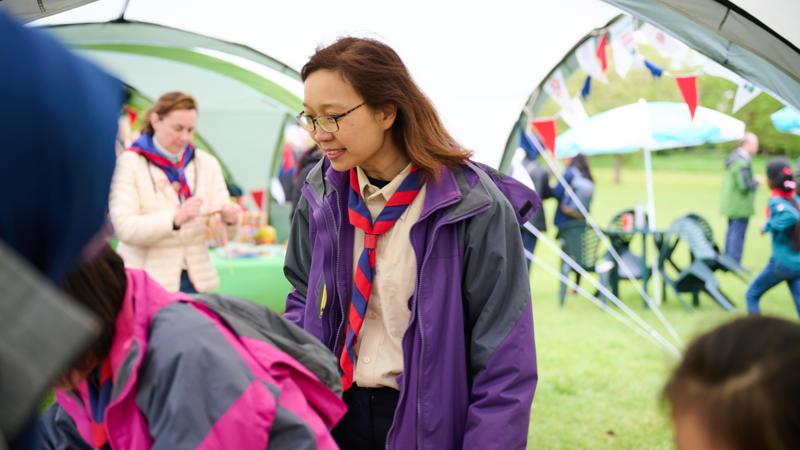Role descriptions
Role descriptions are designed to help you in the process of recruiting adults.
You should read the role descriptions as part of the six steps of recruitment, initially in step one to help you decide the tasks you need doing, and then in steps five and six in discussion with the individual you've asked as your 'best choice'.
They're designed to be simple to use, with space available to write in 'specific' or local responsibilities, helping you and the individual to know and understand their role before they agree to take the role on. They aren't a prescriptive list, but an outline of the main tasks. You can add or remove tasks, depending on what you agree with the individual concerned.
We're collecting examples of good role descriptions you are using locally. If you'd like to share yours, please get in touch via managers@scouts.org.uk
Agreeing a role
When an adult takes on a new role in Scouts, it's important to agree both what the adult will do for Scouts and what Scouts will do for them. This is known as 'mutual agreement' or 'agreeing the role'.
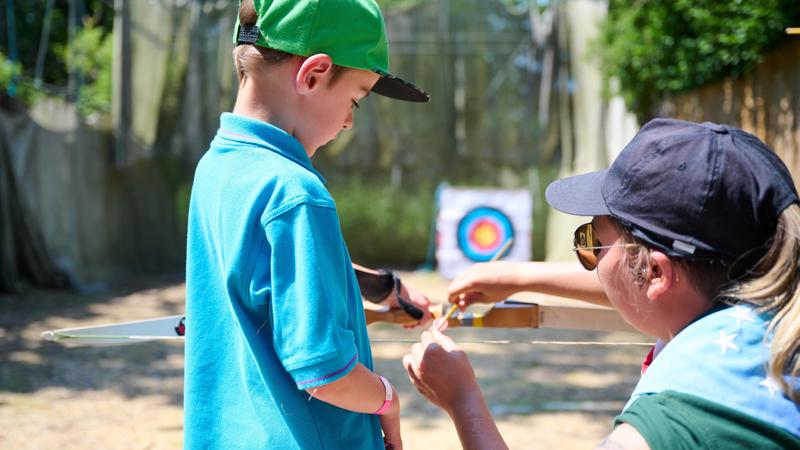
Within our Scout Sections, there are a number of adult volunteer leadership roles and associated support roles.
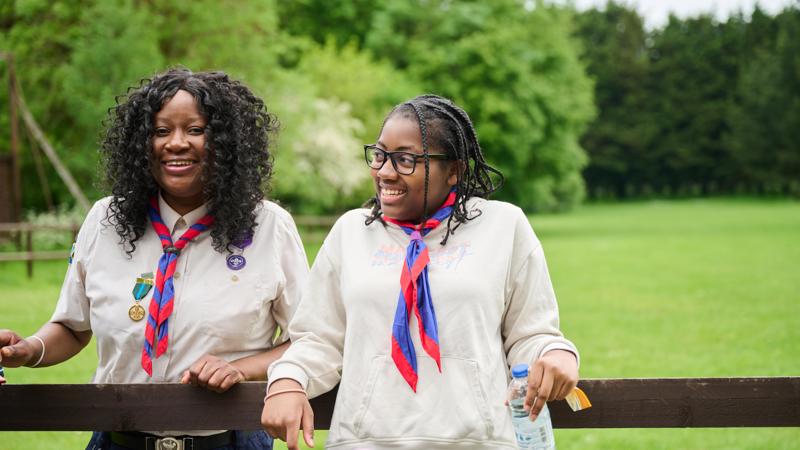
There are a number of adult roles in training, both on a county level and more locally.
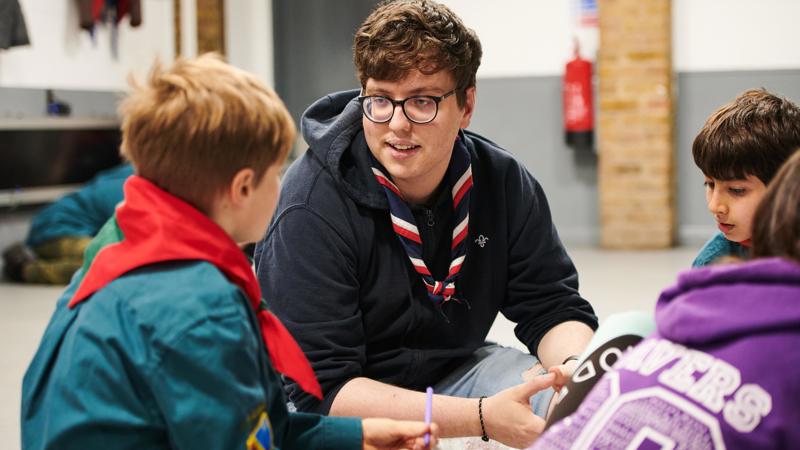
There are a number of volunteer roles available at a District level.
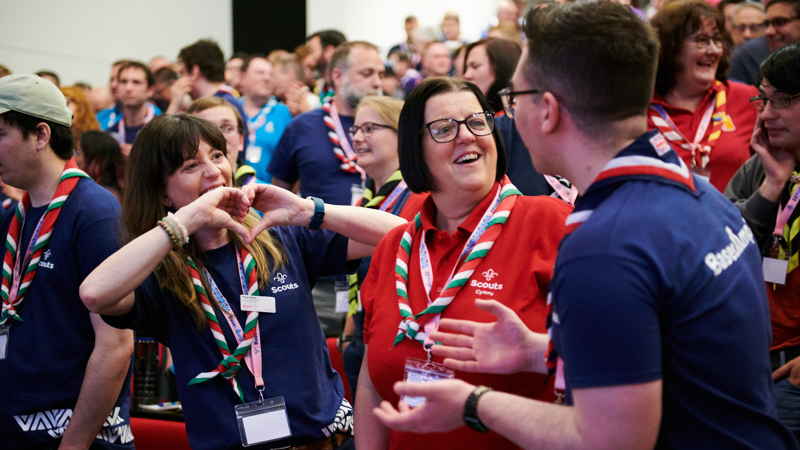
Learn more about the trustee role description.
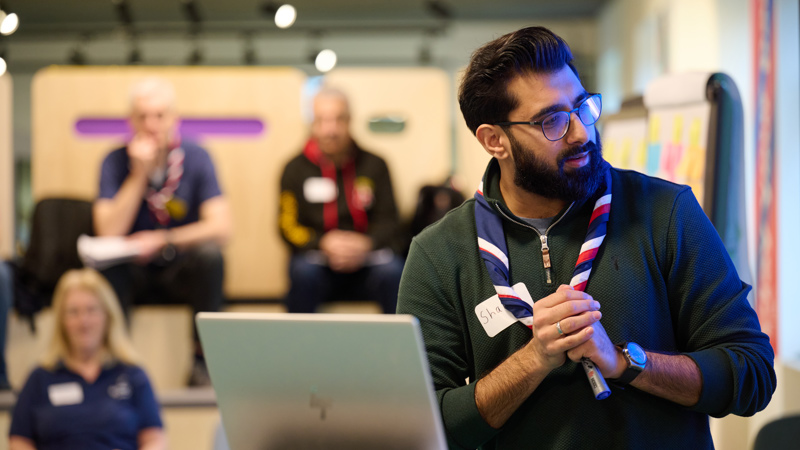
There are a number of volunteer roles available at a County/Area level.

These volunteer roles are instrumental in the setup and running of a Scout Active Support Unit (SASU).

We need volunteers to help young people to complete their DofE Award.
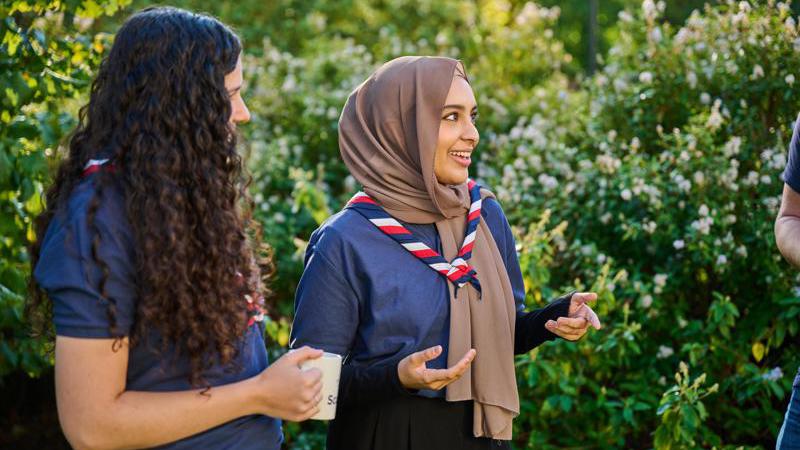
Find out more about the support roles available in Scout Network.

The UK Rep Pool's a collection of 18 to 25 year olds from around the UK. They're trained to represent the UK Scout Association at events in the UK and abroad.
